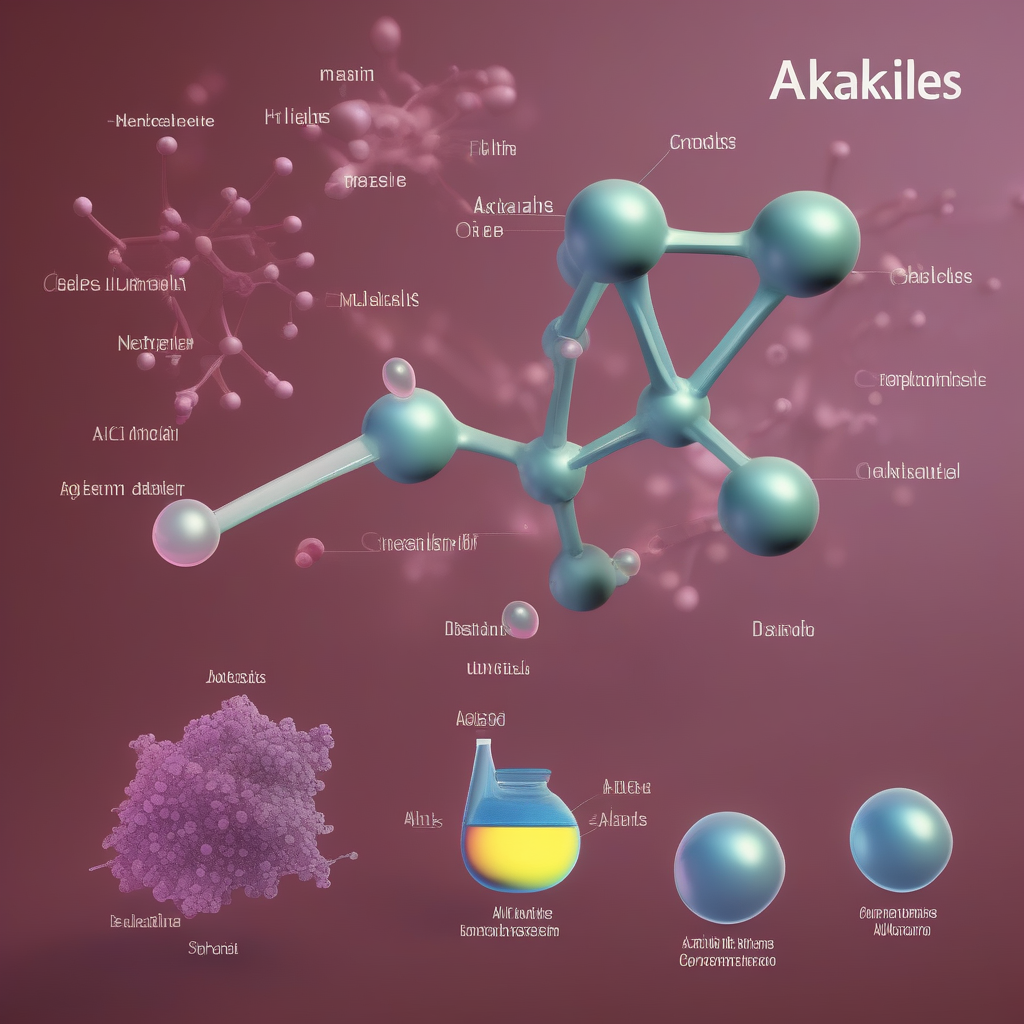Alkalies, also known as alkalis, are a group of chemical compounds that exhibit basic or alkaline properties. They are usually found in the form of hydroxides and carbonates of certain metals, such as sodium, potassium, lithium, and calcium. Alkalies are highly soluble in water and can readily dissociate into hydroxide ions, which makes them excellent bases.
One of the most well-known alkalies is sodium hydroxide, commonly called caustic soda. It is a powerful base and has a wide range of applications in various industries. Sodium hydroxide is used in the production of paper, textiles, and soaps. It is also used in the food industry to prepare foods like olives, cocoa, and chocolate by removing the bitter taste. Additionally, it plays a crucial role in water treatment, where it helps to adjust pH levels and remove heavy metals.
Another prominent alkali is potassium hydroxide, which is also a strong base. It is commonly used in the manufacture of detergents, fertilizers, and pharmaceuticals. Potassium hydroxide is often used as an electrolyte in alkaline batteries and fuel cells due to its ability to conduct electricity. Additionally, it is applied in various chemical reactions, including the production of biodiesel from vegetable oils.
Despite their numerous applications, alkalies possess certain hazards. They are highly corrosive substances that can cause severe burns on contact with skin or eyes. Therefore, appropriate precautions, such as wearing protective gloves and goggles, should be taken when handling these compounds. Additionally, alkalies should be stored in tightly sealed containers to prevent absorption of moisture from the air, as this can lead to the formation of solutions with even higher corrosive properties.
